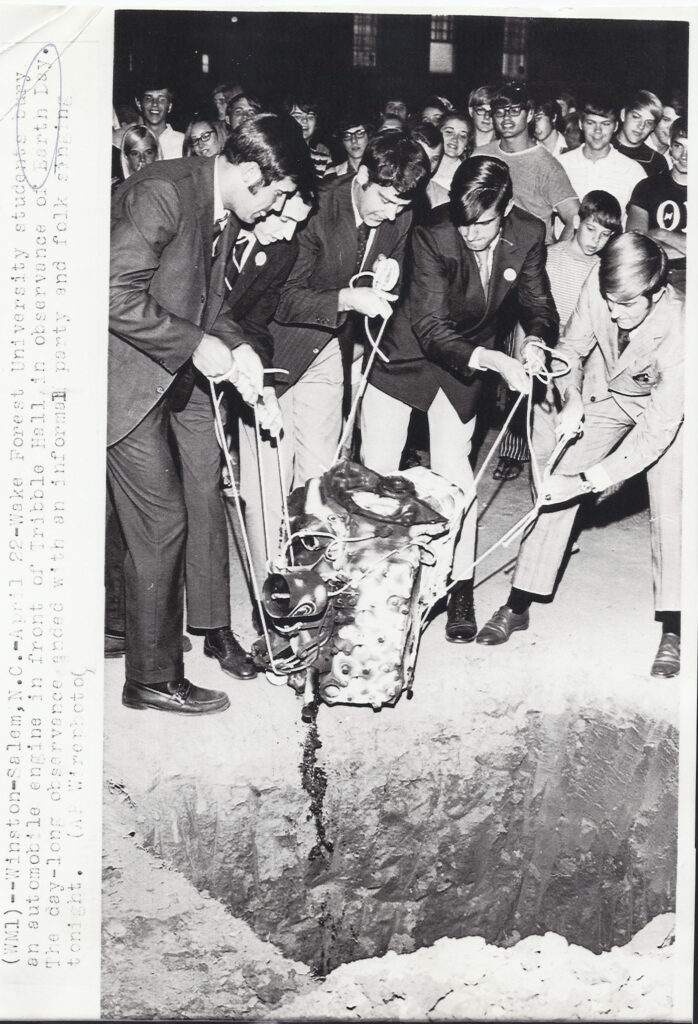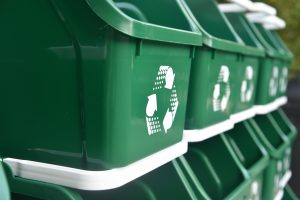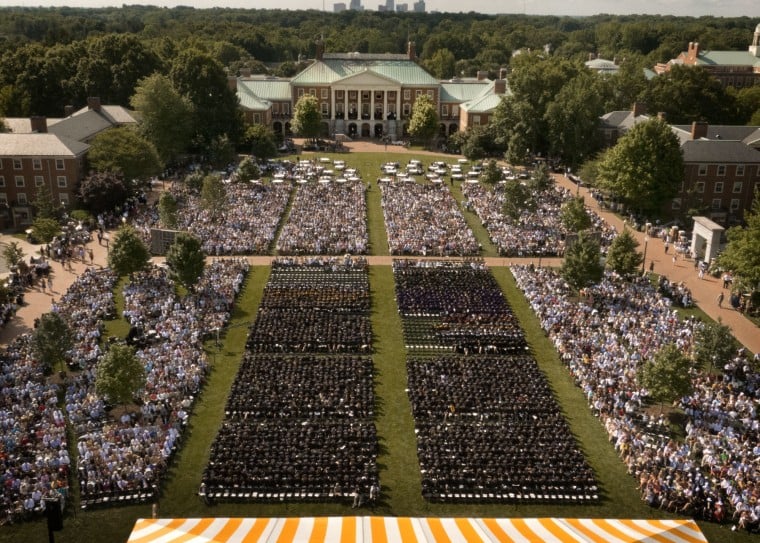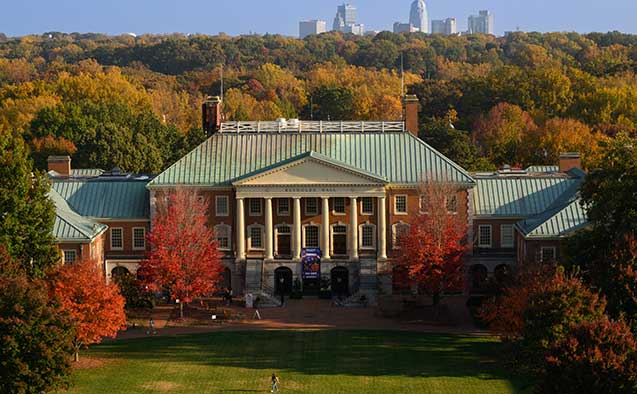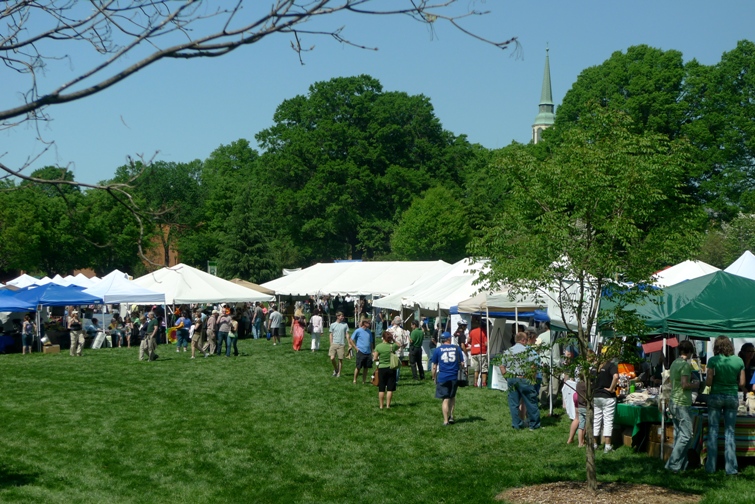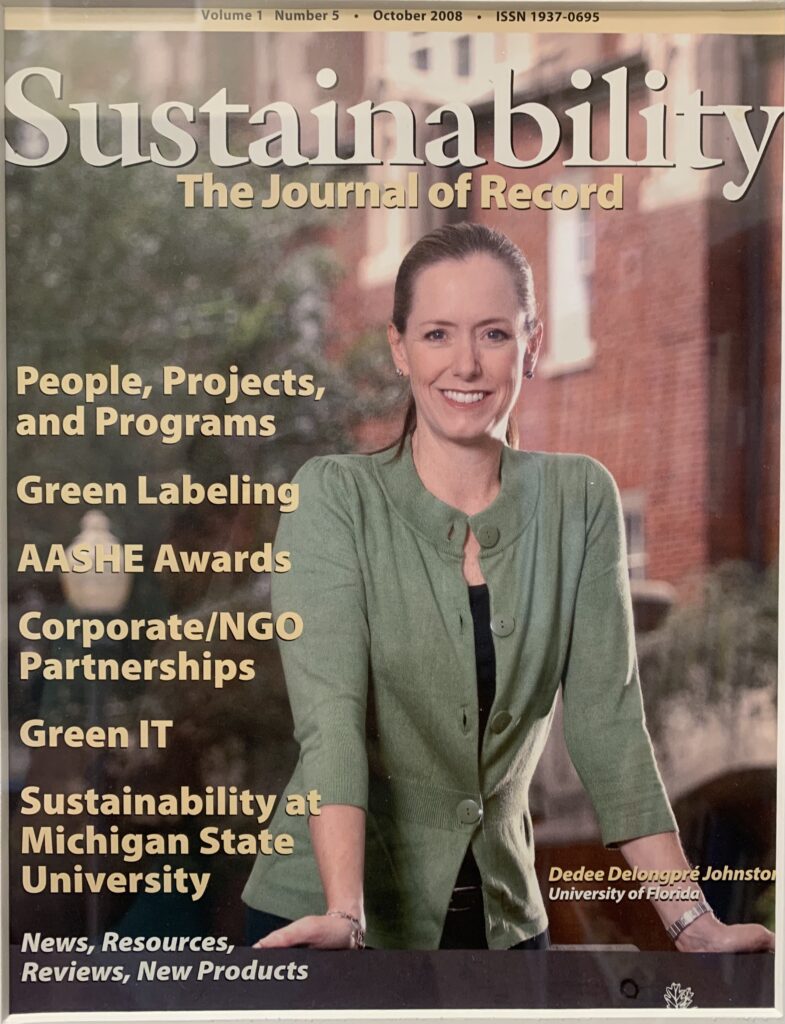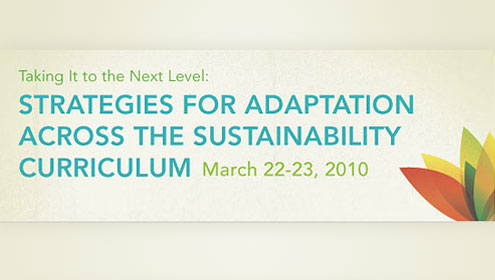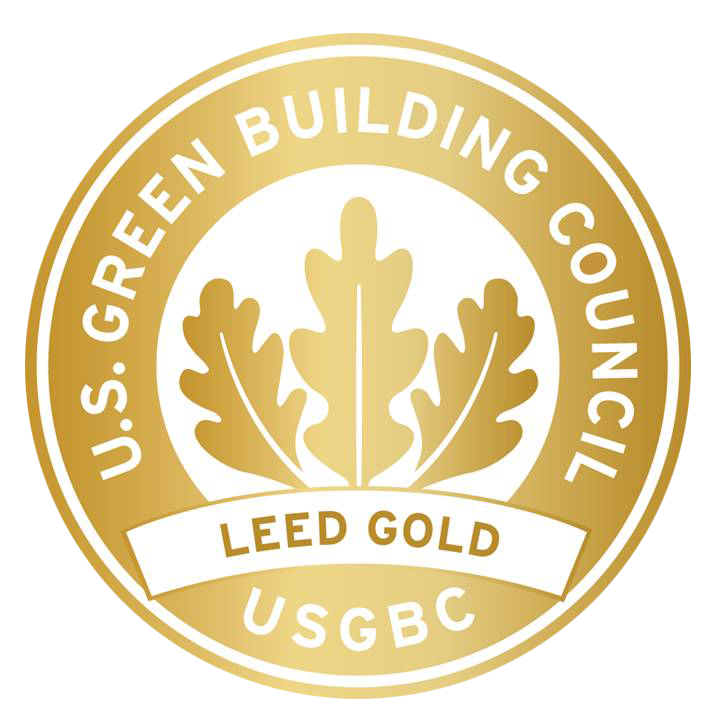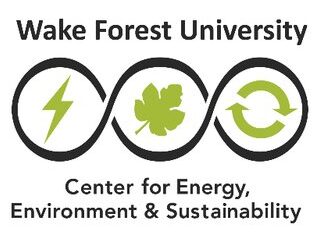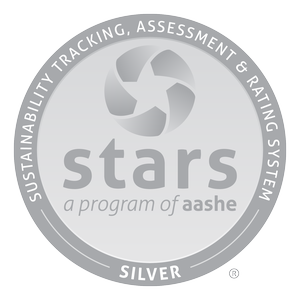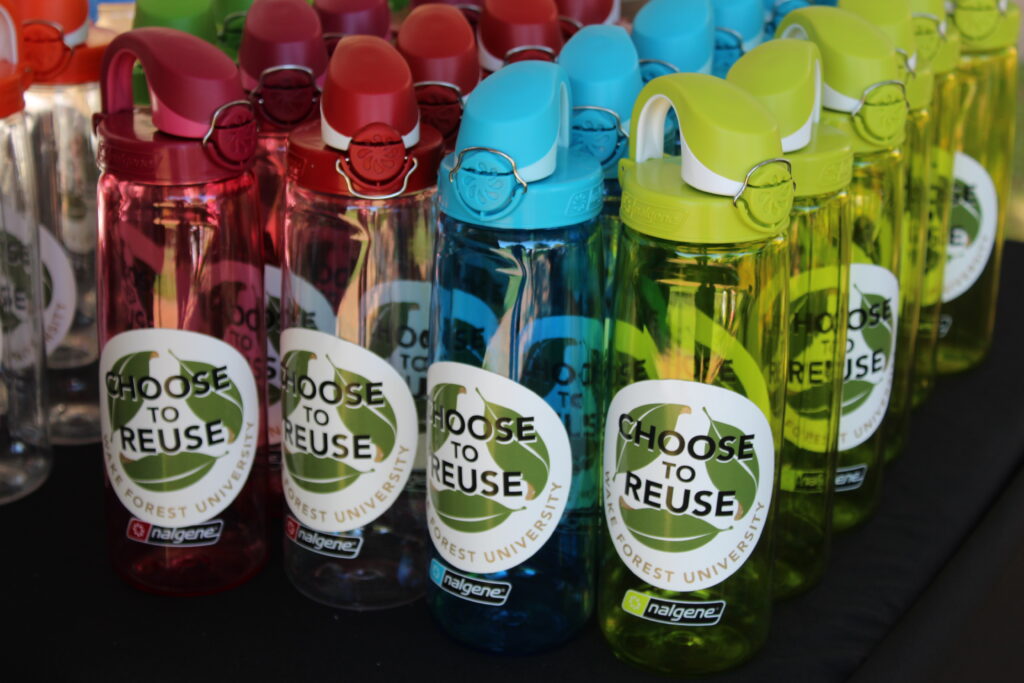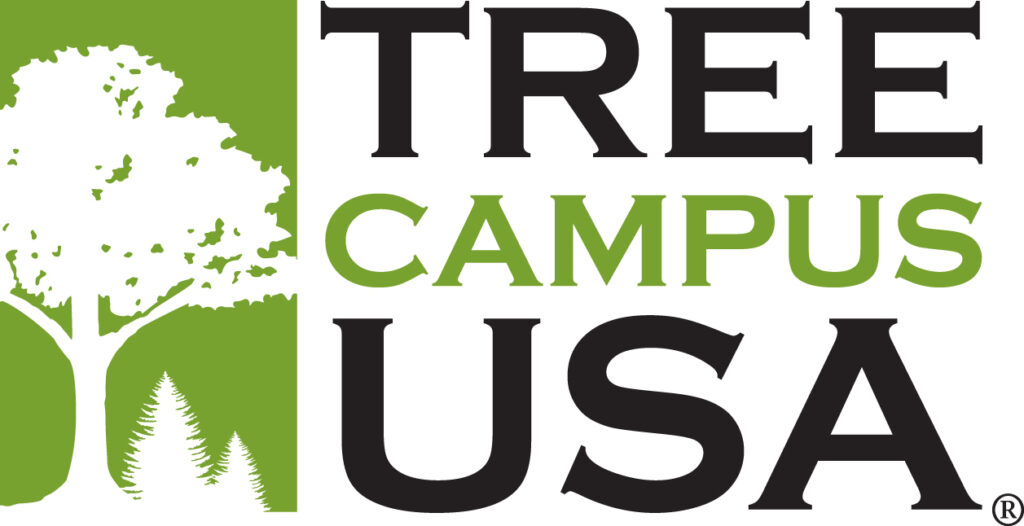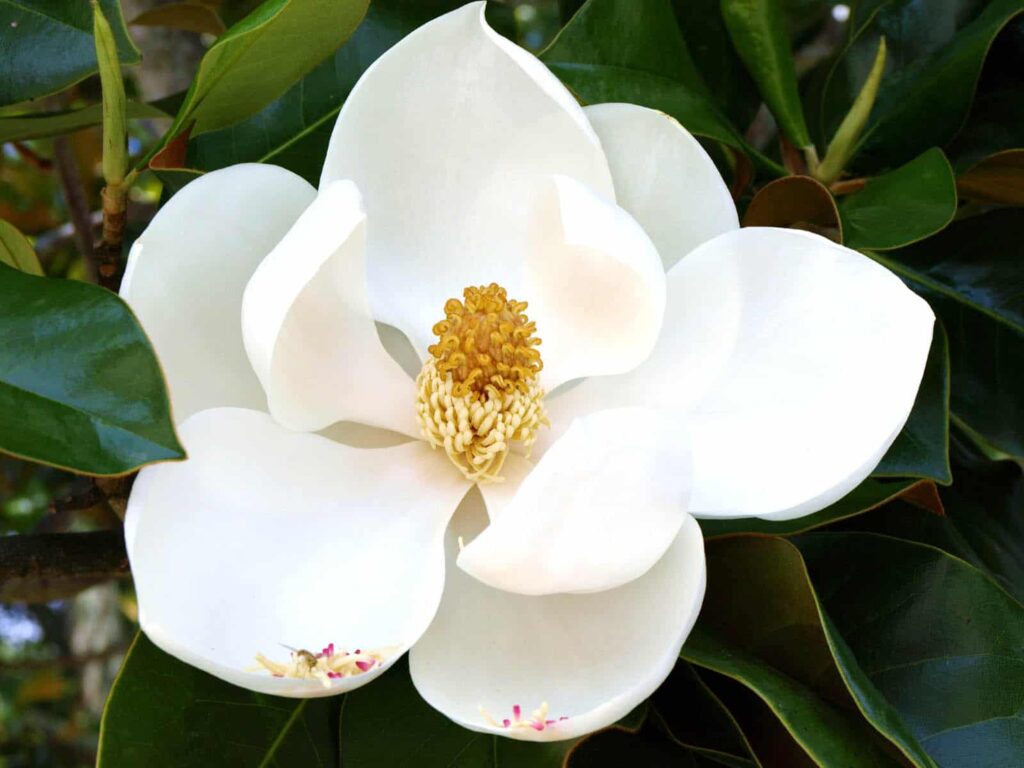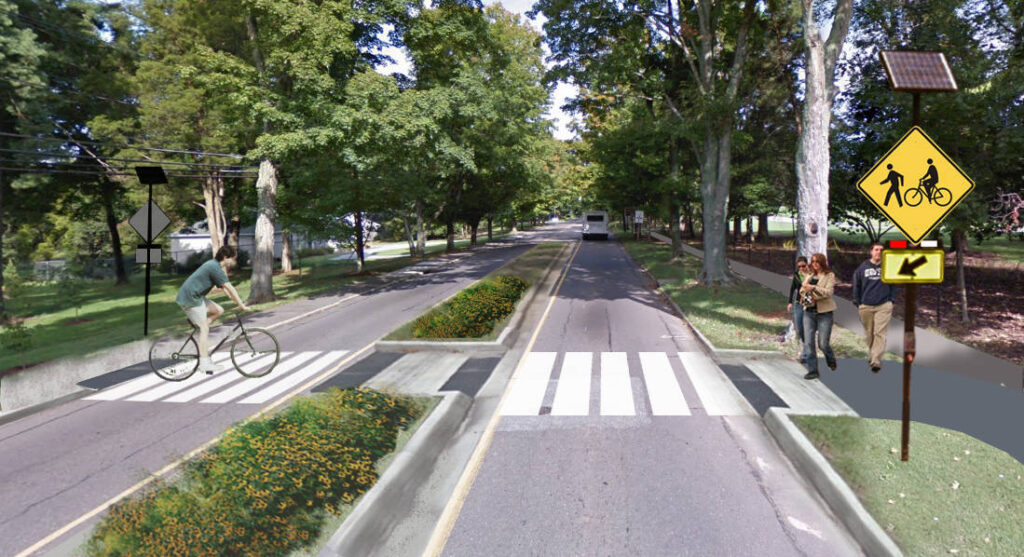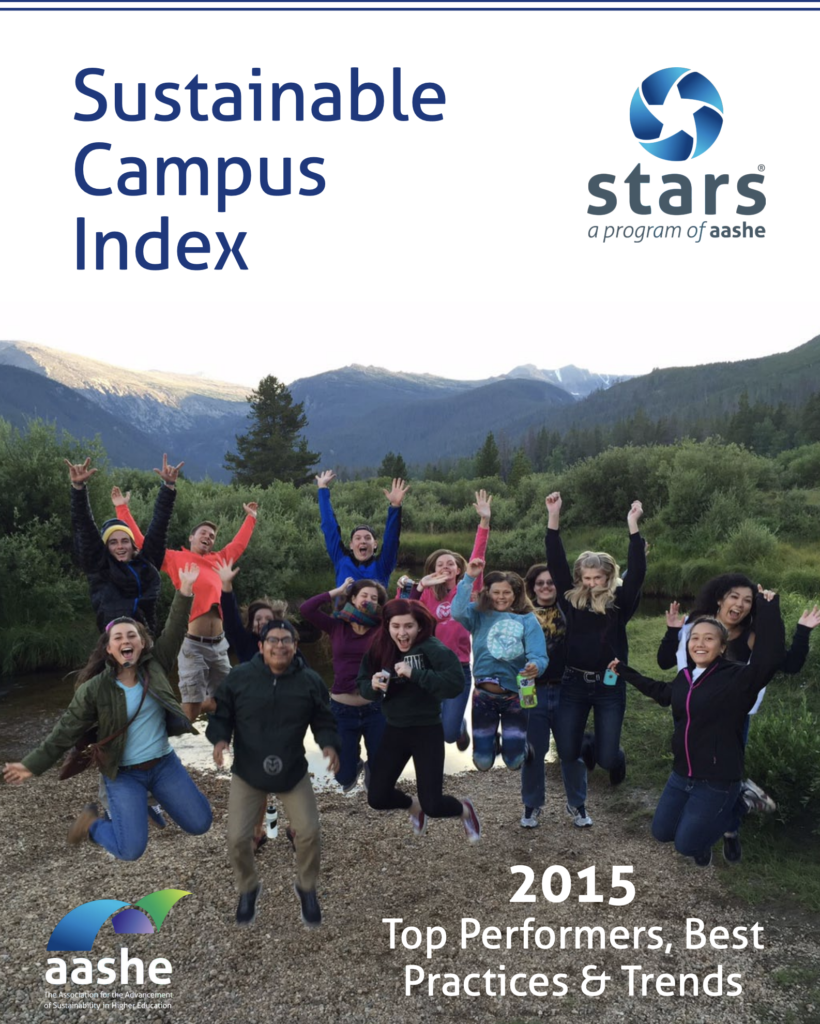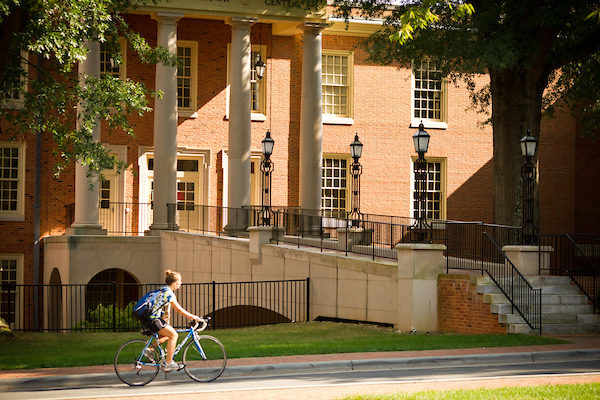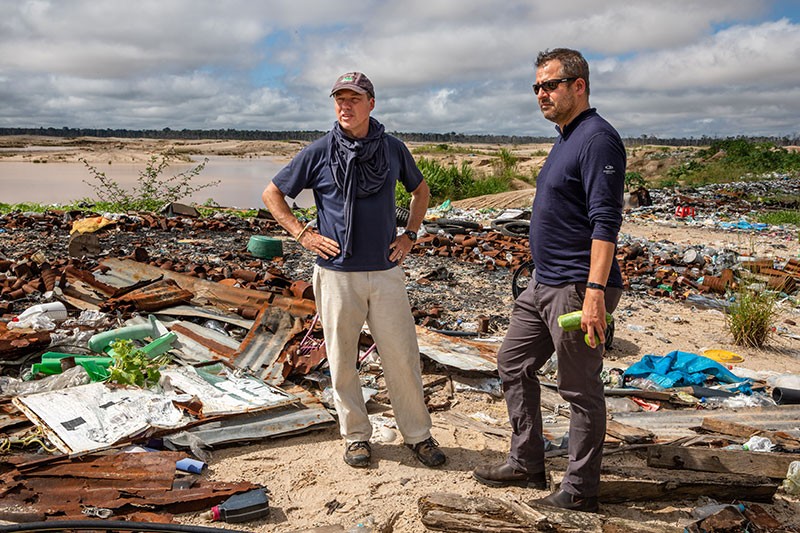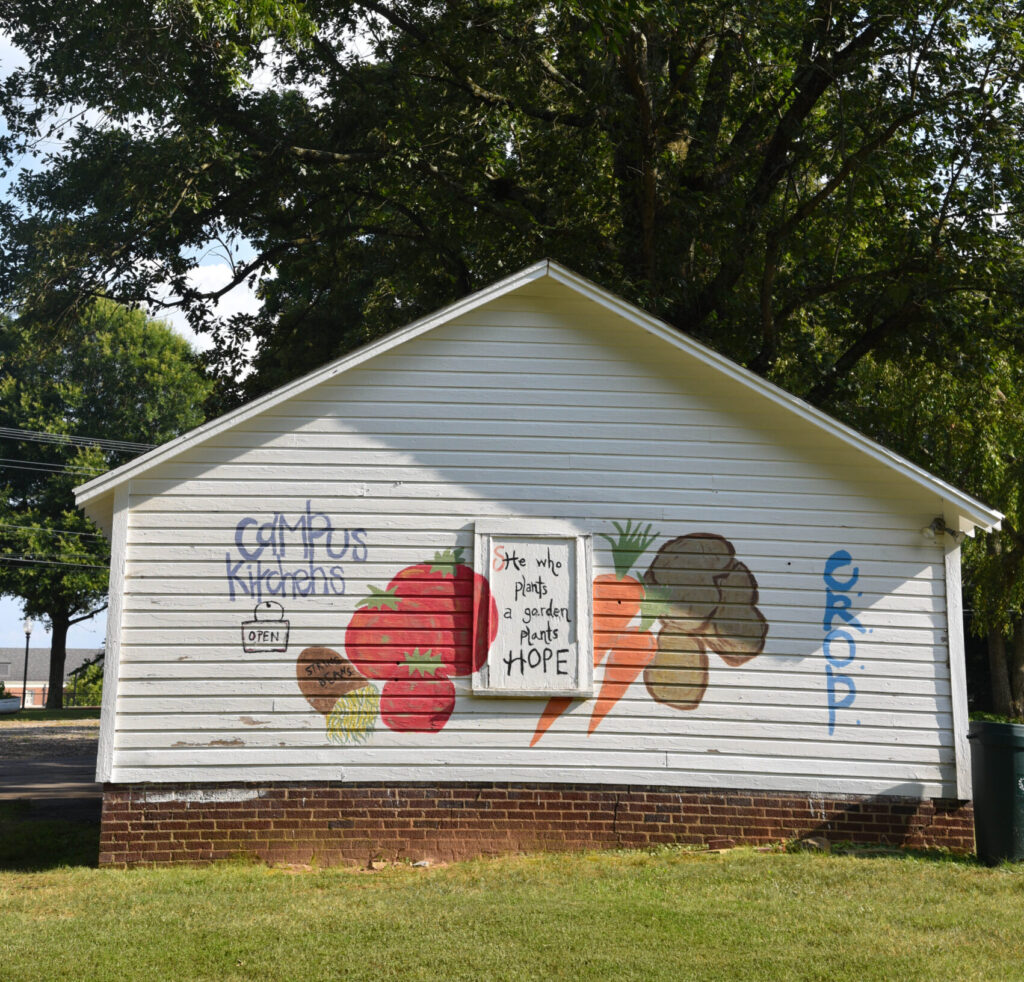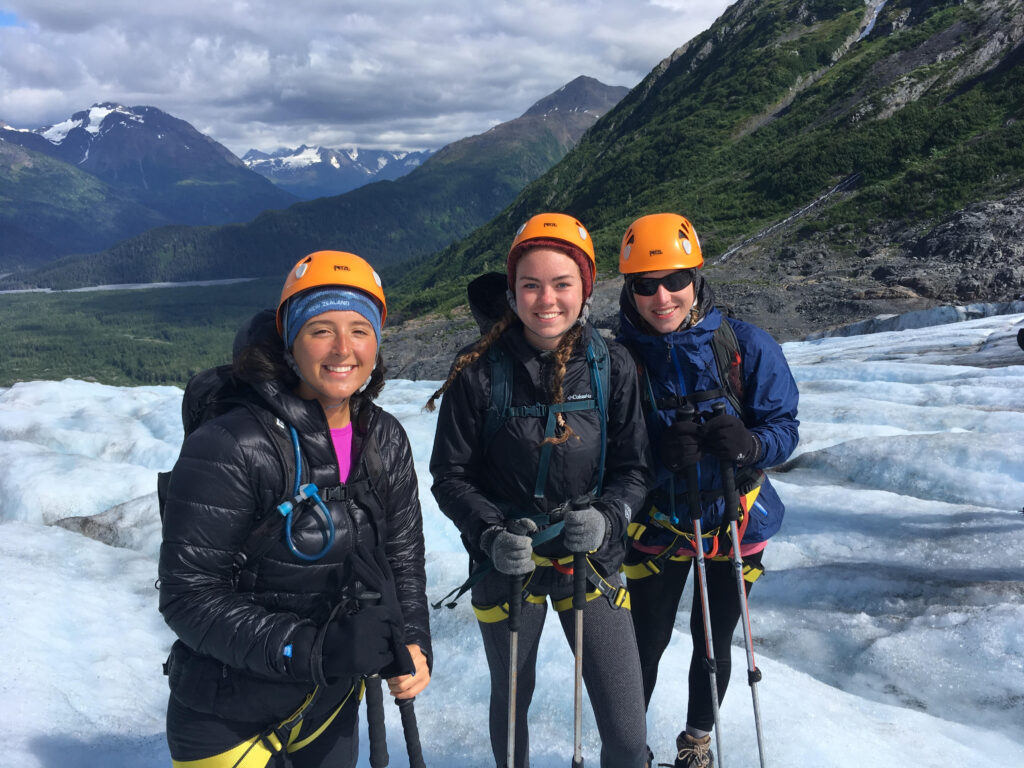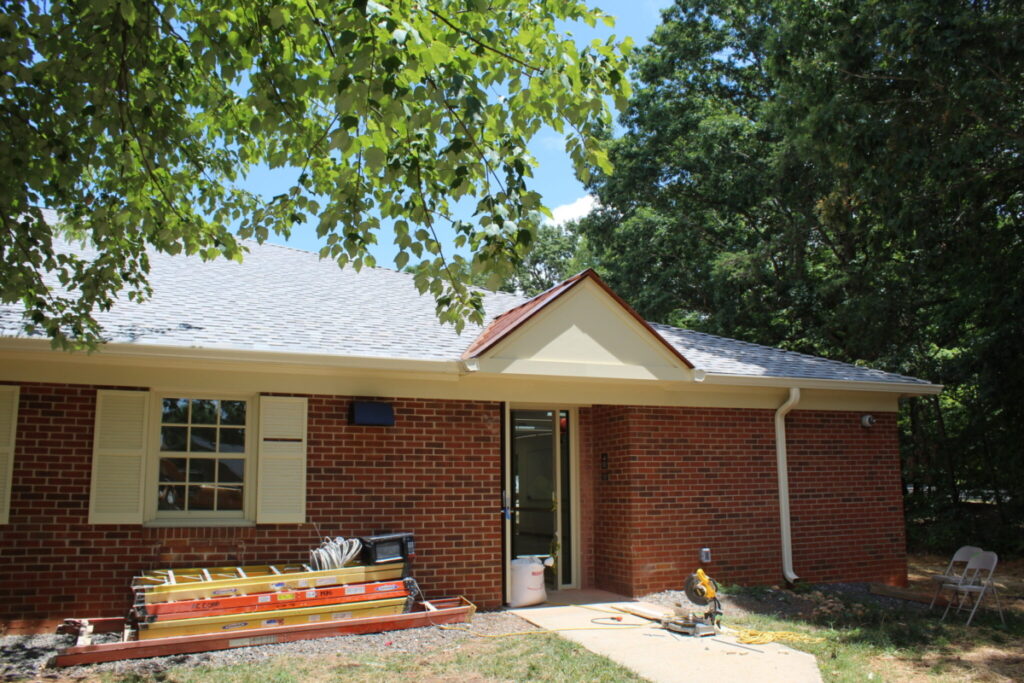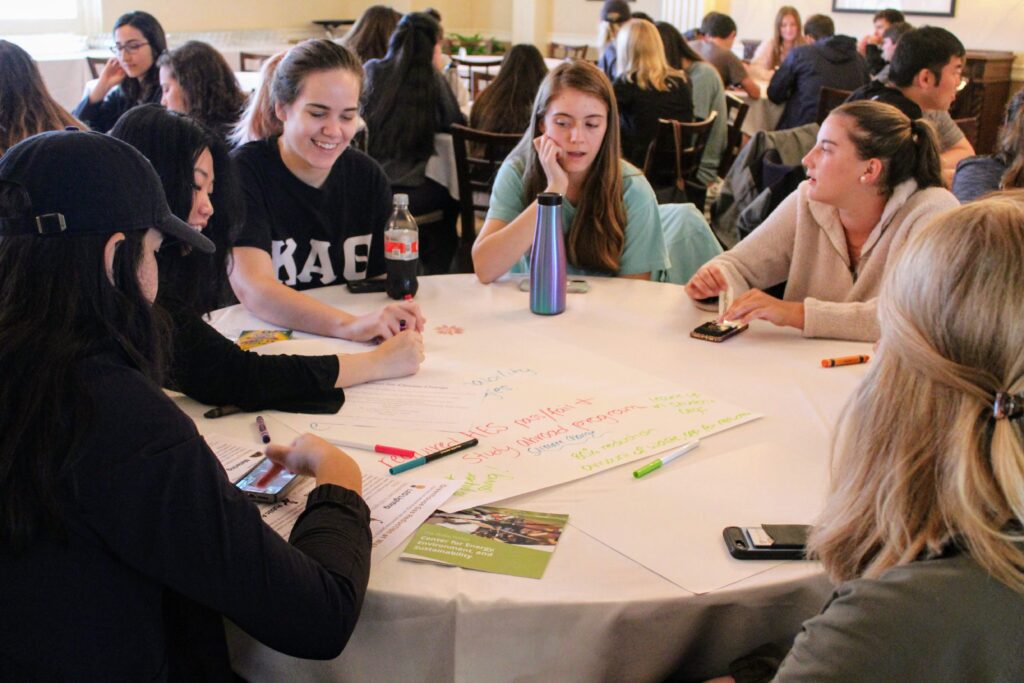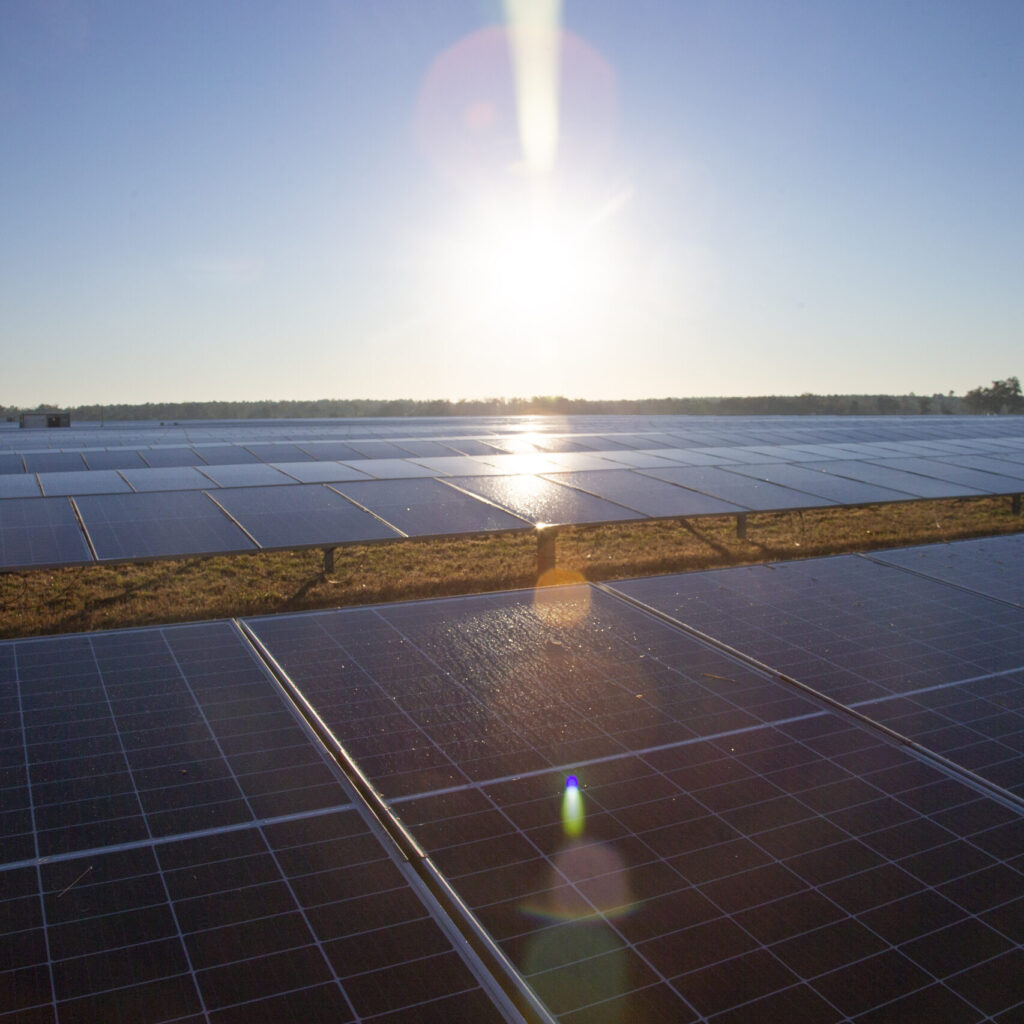On April 22, 1970, Wake Forest students, faculty, and staff join 20 million Americans in highlighting the inextricable links between environmental pollution and public health with a full day of teach-ins on campus. Part of that monumental day includes over 200 students gathering in Tribble Courtyard for a “Pollution Culprit Burial” of a combustion engine, cigarettes, and a sign representing poison.
- About Us
- History
History
Environment and Sustainability at Wake Forest
Working with student leaders, Landscape Services Director, Jim Coffey, initiates a recycling collection program on campus. A number of milestones in developing and communicating a standard operating procedure for waste and recycling collection on campus follow in the years to come. Multiple upgrades lead to the current standardized color-coded collection infrastructure.
The first students with minors in Environmental Studies and Environmental Science graduate from Wake Forest during the 1997-98 academic year. Explore the ENV Program here.
At the encouragement of student Lawrence Ngo (‘08), Philosophy professor Avram Hiller organizes meetings for faculty and staff on sustainability. Campus Democrats also hosts a campus forum on sustainability in the same year.
Professor Avram Hiller and Head of Serial Acquisitions at ZSR, Chris Burris, organize a campus Earth Day forum with the full support of Facilities and Campus Management. The program, “Celebrating Nature” is a joint lecture led by four faculty members who address how nature could be celebrated in different ways. The second-annual program takes place the following year.
In April 2009, Piedmont Environmental Alliance (PEA) hosts a community Earth Day celebration on Manchester Plaza – 7,000 attend. Wake Forest Student Environmental Action Coalition members also host a forum on sustainability during the same month.
Wake Forest opens its Office of Sustainability in July 2009. Dedee DeLongpré Johnston is hired as the office’s inaugural director and establishes its mission to encourage and facilitate the collaborative efforts of faculty, students, and staff to generate knowledge, acquire skills, develop values, and initiate practices that contribute to a sustainable, high quality of life on campus, in the Triad, and across the globe.
Wake Forest hosts Taking It to the Next Level: Strategies for Adaptation across the Sustainability Curriculum — a national conference on sustainability in the curriculum.
In the same month, the Dianne Dailey Golf Education Center receives LEED certification from the U.S. Green Building Council (USGBC), earning LEED Gold. It is the first building on campus to receive LEED certification. View all LEED-certified campus buildings here.
The Office of Sustainability kicks-off the Go Deacs Go Green gameday recycling program, integrating recycling collection into tailgating areas at all home football games. Learn about the program here.
The Wake forest Center for Energy, Environment, and Sustainability (CEES) is established during the 2010-11 academic year. This academic collaborative brings together faculty across all disciplines and supports them in their sustainability-focused research and scholarly activities. Explore CEES here.
Wake Forest University receives a Silver rating under the AASHE Sustainability Tracking and Rating System (STARS) for its first campus sustainability assessment. The assessment provides the first comprehensive baseline measurement of sustainability on the Reynolda campus. Read the STARS report here.
Senior and Office of Sustainability Intern Frannie Speer develops and distributes a survey to determine why people choose bottled water over tap water. Over 400 people respond. The university begins installing hydration stations in high-traffic areas on campus so people can refill their own water bottles. In just two years, 9 stations exist on campus.
Wake Forest University is awarded Tree Campus USA designation, in recognition of the adoption of a comprehensive campus tree care plan. Access the campus tree care plan here.
Wake Forest University receives a second Silver rating from the AASHE Sustainability Tracking and Rating System (STARS). The boundary for the assessment is expanded to include Graylyn International Conference Center, the campus historic district, and all of the athletic facilities. Read the report here.
The Office of Sustainability and the Center for Energy, Environment, and Sustainability (CEES) co-host the first-annual sustainability-across-the-curriculum workshop. Faculty in the first cohort name the workshop the Magnolias Curriculum Project. The workshop is co-facilitated by history professor Emily Wakild and Lindy Biggs of Auburn University. Learn about the Magnolias Curriculum Project here.
After a yearlong collaborative process, the Office of Sustainability releases the university’s first Sustainability Strategic Plan. The three-year plan provides strategic direction to focus on opportunities brought to light in the second STARS assessment. Access the plan here.
Wake Forest, the Winston-Salem Department of Transportation (WSDOT), and the City-County Planning Board (CCPB) of Forsyth County and Winston-Salem complete a comprehensive Bicycle, Pedestrian & Transit Study for the Wake Forest University Area. Access the study here.
The Office of Sustainability hosts Love the World You’re With, an Earth Day Fair celebrating the themes of care for self, care for community, and care for life on the planet. As part of the celebrations for Earth Day, the Office of Sustainability hosts the first-annual Campus Beautification Day and Champions of Change celebration.
Wake Forest launches an innovative and distinctive one-year sustainability Master’s program. In addition to the interdisciplinary Master of Arts in sustainability, two dual-degree options with the School of Divinity and School of Law are offered, as well as a graduate certificate in sustainability. Explore the Master’s program here.
Wake Forest is recognized as a sustainability leader in the Association for the Advancement of Higher Educations’s (AASHE) 2015 Sustainable Campus Index. The Index highlights top-performing colleges and universities in 17 areas, as measured by the Sustainability Tracking, Assessment & Rating System (STARS).
Office of Sustainability intern Alyshah Aziz launches the ReCycle Bike Share program. The program offers a limited number of bikes to be reserved for semester-long use at no cost to students, faculty, and staff.
Wake Forest University receives nearly $10 million in support to establish the Centro de Innovación Científica Amazónica. The new center, established through the University’s Center for Energy, Environment, and Sustainability (CEES), aims to develop transformative solutions to promote sustainable use of tropical landscapes, combat environmental destruction and improve human health in the Amazonian province of Madre de Dios (MDD) in Peru.
Wake Forest earns its first STARS Gold rating in recognition of its sustainability achievements from the Association for the Advancement of Sustainability in Higher Education (AASHE), having received three Silver ratings over the 10 years prior. Read the announcement here.
Faculty partners and key stakeholders gather in the Campus Garden to celebrate its 10th anniversary. In its 10 years, the Garden has become a regenerative agriculture demonstration space, research plot, location for engaged learning, and the site of many student events including the annual spring equinox festival, pumpkin painting parties, and outdoor movie screenings. Learn more about our campus gardens.
Due to strong student and faculty demand, Wake Forest approves the addition of two new majors in Environment and Sustainability: a BA in Environment and Sustainability Studies and a BA in Environmental Science. The program prepares to celebrate its 25th anniversary later that year. Explore the ENV program here.
Following the announcement of the two new degree tracks in Environment and Sustainability, the newly-retrofitted and renovated Palmer Hall becomes the central hub for undergraduate students and faculty in the ENV program. Over the year prior, the former residence hall was transformed into a LEED-Silver certified building with classrooms, conference rooms, faculty offices, and a state-of-the-art fabrication lab.
After a yearlong stakeholder engagement process, Wake Forest announces two new goals outlined in its second Sustainability Strategic Plan. The first is to develop a comprehensive action plan to achieve climate neutrality by 2040. The second is to create cross-curricular opportunities that introduce at least half of all students to disciplinary-specific sustainability content. Read more about our strategic goals here.
On Earth Day, 2024, Wake Forest University and eight other colleges and universities in North Carolina and Pennsylvania announced their plan to bring a large-scale solar facility online in western Kentucky. By collaborating on this Power Purchase Agreement (PPA), the schools are able to access the benefits of renewable energy through an arrangement typically only feasible for large customers.
Wake Forest will be purchasing an amount of energy equal to 100% of the current electricity used on campus for 20 years. While electricity generated by the Sebree Solar II project cannot be transmitted directly to campus because of distance, Wake Forest University will receive renewable energy credits (RECs) to account for greenhouse gas emissions related to our purchased electricity. Read the full announcement and story.

